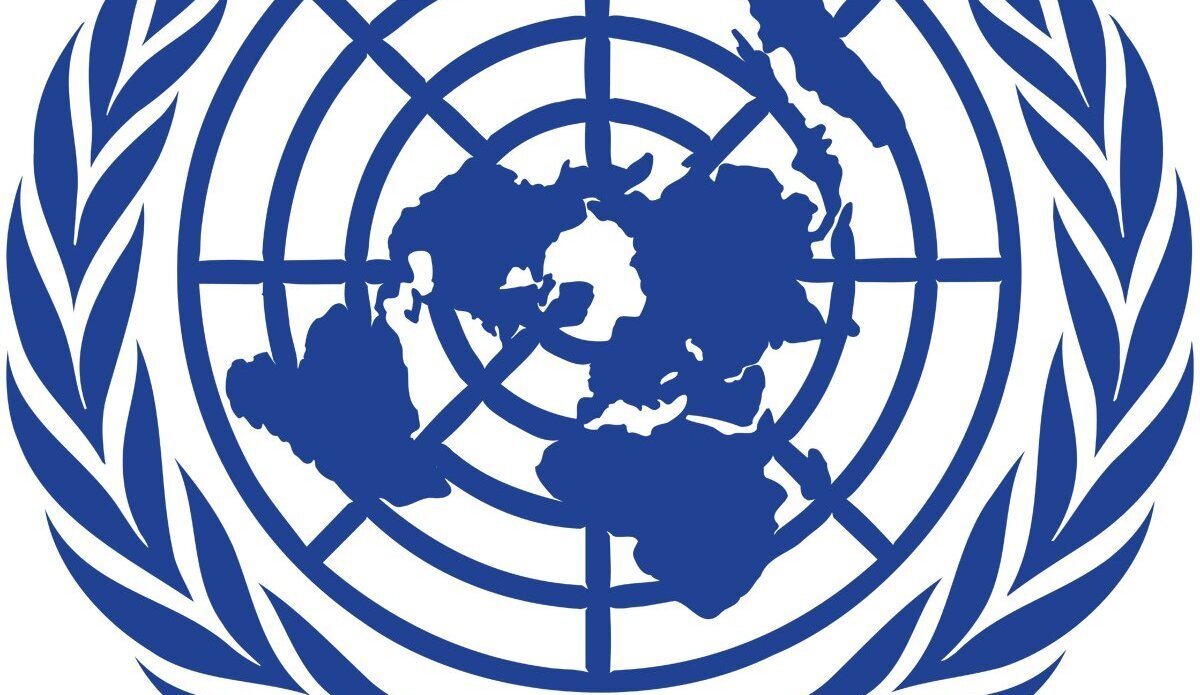On Human Rights Day, UNAMA reminds de facto authorities of their human rights obligations
On Human Rights Day and the 75th anniversary of the Universal Declaration of Human Rights, UNAMA reiterates its call for Afghanistan’s de facto authorities to embrace and uphold human rights obligations as the cornerstone of a stable, peaceful and prosperous future for the country.
The Universal Declaration of Human Rights was adopted by the United Nations General Assembly on 10 December 1948, with Afghanistan among the UN members supporting its adoption. The landmark text declares that “all human beings are born free and equal in dignity and rights” and inspired the human rights treaties that followed.
“On this special anniversary, I would like to remind the de facto authorities that Afghanistan as a state remains party to international human rights treaties that are an essential part of international law and in which Afghanistan has had an historic role,” said Roza Otunbayeva, the Secretary-General’s Special Representative for Afghanistan and head of the UN Assistance Mission in Afghanistan (UNAMA).
“The de facto authorities have both a legal obligation and a broader responsibility to all who live in Afghanistan to promote and protect human rights, in particular those of women and girls,” Otunbayeva said. “Human rights must be upheld in order to ensure the future prosperity, cohesion and stability of Afghanistan.”
Despite improvements in the security situation as a result of a reduction in armed violence after August 2021, the human rights situation in Afghanistan remains dire. The human rights record of the de facto authorities has been especially marked by their systemic discrimination against women and girls, who are excluded from most areas of daily and public life.
In addition to the severe restrictions imposed on women and girls, UNAMA continues to document instances of extrajudicial killing, torture and ill-treatment, corporal punishment, arbitrary arrest and detention and other violations of detainees’ rights. Compounding this, those who speak out in defence of human rights – in particular those of women and girls – face arbitrary arrest and detention, threats and censorship.
“As we mark Human Rights Day, we pay tribute to and express our solidarity with Afghan human rights defenders, many of whom are paying a heavy price for seeking to uphold the fundamental tenets of the Universal Declaration of Human Rights: peace, justice and freedom,” said Fiona Frazer, Representative of the UN High Commissioner for Human Rights in Afghanistan.
 UN
UN







